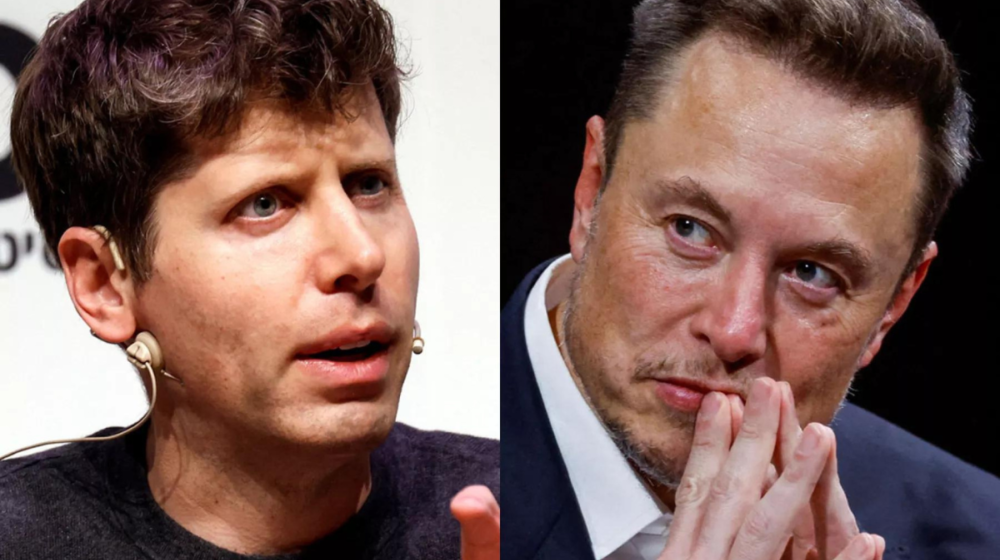OpenAI, recognized as the leading AI startup in terms of value, announced on Wednesday its plans to reject all allegations brought forth by Elon Musk in a recent legal action. The company also implied that Musk, despite being one of its co-founders, had a minimal influence on its growth and achievements.
Musk Invested Half of What He Promised
A collective blog post created by OpenAI’s board and leaders, including Greg Brockman, Ilya Sutskever, John Schulman, Sam Altman, and Wojciech Zaremba – the startup, which has Microsoft’s support, disclosed that it received under $45 million in funding from Musk since its 2015 launch. This amount falls short of his initial promise to contribute up to $1 billion. Additionally, the startup has garnered over $90 million from various other contributors to aid its research endeavors, according to the announcement.
The statement from OpenAI comes after Musk filed a lawsuit last week against Altman, Brockman, OpenAI, and associated entities. Musk accused the creators of ChatGPT of violating their foundational agreements, claiming they shifted their focus towards profit-making rather than adhering to the nonprofit’s original purpose of advancing AI for the greater good of humanity. According to Musk, OpenAI was established to serve as a balancing force against Google.
According to Musk’s lawsuit, OpenAI’s original goals included creating an AI technology that was available to the public at no cost, but the startup gradually shifted its focus towards enhancing profits for Microsoft.
Today, OpenAI’s blog post has clarified that creating powerful technology at a scale as big as ChatGPT, or AGI (Artificial General Intelligence) and the vast amounts of computational power required to keep such systems running is monumental and therefore, it is crucial to transition to a for-profit structure.
OpenAI Explains the Change in Profit Model
In a recent blog post, OpenAI revealed a pivotal moment in its journey towards developing artificial general intelligence (AGI), an AI system with the capability to match or surpass human intelligence. The organization acknowledged the immense computational demands of such a venture, estimating the yearly financial burden to run into billions. It was this financial prognosis that prompted OpenAI to pivot from its initial nonprofit ethos to a profit-driven model, a move deemed crucial for attracting the necessary investments and resources.
The transition, however, did not come without its controversies. According to the same blog post, this strategic shift ignited a series of disagreements between Elon Musk and other founding members of OpenAI.
OpenAI wrote: “As we discussed a for-profit structure in order to further the mission, Elon wanted us to merge with Tesla or he wanted full control. Elon left OpenAI, saying there needed to be a relevant competitor to Google/DeepMind and that he was going to do it himself. He said he’d be supportive of us finding our own path.”






